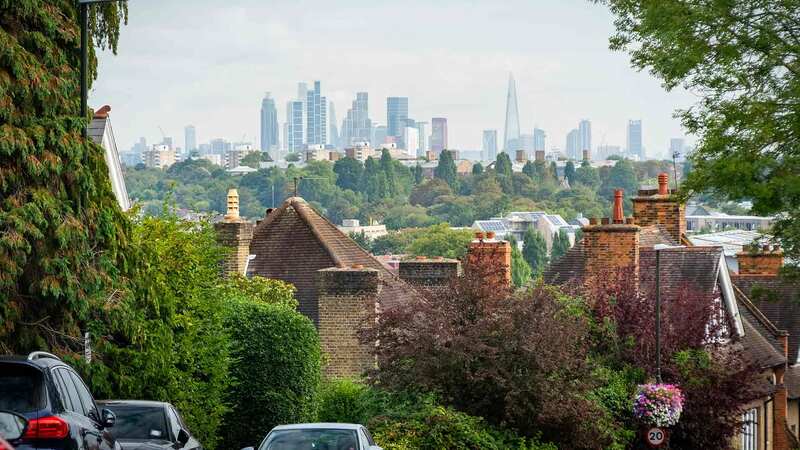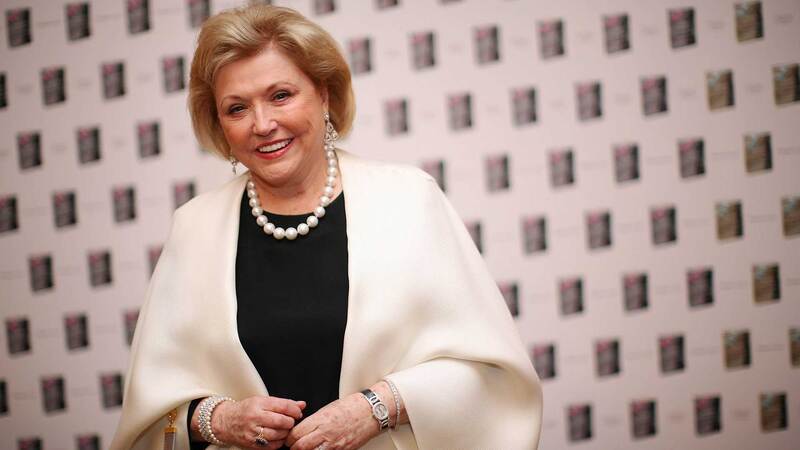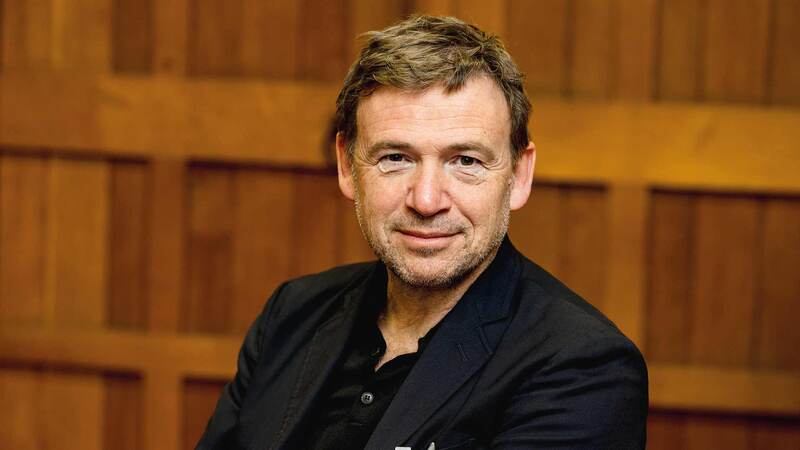You are viewing your 1 free article this month. Login to read more articles.
Food for thought
I’ve been involved with food writing, one way or another, for a long time; I was 25 when I began editing the Sunday Times food and drink pages, and that was more than two decades ago now. You might have imagined, then, that I would have been well prepared for the task of judging the André Simon Food & Drink Book Awards. In fact, I was naive. I simply had no idea just how many food books are published in Britain every single month. No fewer than 113 were entered for this year’s prize, and I have to admit that there was something mournful about this, as well as something wonderful: how on earth are all of these titles supposed to find a place in the world? Perhaps that’s half of the job of a prize like this, helping them to a spot on people’s shelves.
We are, undeniably, in a golden age of writing about food, and that’s a fantastic, inspiriting thing, even if the gap between meals as they appear on the page in glossy hardbacks and meals as they are prepared and eaten in our homes is increasingly yawning. But before I get on to the joyful business of praise, it would be remiss of me not to say how disappointing I find it that so many publishers are continuing to collude with those who will insist on peddling damaging half-truths in the matter of such things as gluten, lactose, and—dread words—coconut oil. I understand that publishing is a business like any other, but that doesn’t mean that it can’t be an ethical one.
That said, we read some great books. Some were thought-provoking, some were useful; some made me feel nostalgic, some made me very hungry. A few even made me want to cook—and perhaps that’s the greatest test, at least for those books that include recipes. Will they make it into the kitchen? Among those that have made into mine, but which didn’t sneak on to the shortlist are Claire Thomson’s The Art of the Larder, a really helpful book when it comes to using up stuff that might be hanging around in your cupboards; and John Whaite’s Comfort, a warm blanket of a cookbook. Some of the titles we received seemed to me, sometimes, to be a little on the earnest side. But Whaite’s isn’t one of these. All you children of the late Seventies and early Eighties need to know that he has a recipe for chicken curry crispy pancakes - yes, a version of the ones by Findus that I, for one, used to love as a child.
The six books on our list covered many different areas, in a variety of ways. The Meaning of Rice, and other Tales from the Belly of Japan by Michael Booth is an energetic, witty travelogue that I enjoyed for its quirkiness and its lightly-worn learning. We live in an age of supermarket sushi, but this book is a million miles from that kind of mass-production. If you want to know more about the mysterious and increasingly ubiquitous yuzu, or about how soba noodles are made—answer: with quite astonishing precision—this is the book for you. For me, Booth is Bill Bryson wrapped in nori and, metaphorically at least, tottering around on a pair of wooden sandals.
Reading The Palestinian Table by Reem Kassis was a Proustian experience for me. As a child I went to school in Arab Jaffa, and it was there that I had some of the most formative food experiences of my life. Kassis, who grew up in Jerusalem, took me right back to that time. This is home cooking, inspired by the women of her family (I recommend the recipe for tahini and molasses spread, which will enable you to put together the West Bank equivalent of a peanut butter and jelly sandwich). But it’s also about how food connects us to home, even when we are far away from it—and in that sense, it seems to be very much a book for the times.
Lisboeta, Recipes from Portugal City of Light by Nuno Mendes is a gorgeously put together guide; turning its pages is the next best thing to being in Lisbon. I really like some of the recipes in it, so distinctive and so surprisingly achievable. Mendes’s potatoes with caramelised onions and melting cheese represents nirvana for me; I could eat it every day for the rest of my life, and be entirely happy.
The day that I received a phone call telling me that The Sportsman in Seasalter had a cancellation and that our names were next on the list still ranks as one of the happiest of my life, so perhaps I was predisposed to Stephen Harris’s book, The Sportsman. But as any of you who have been to his restaurant will know, he really can cook, and this book encapsulates all of his talent, his enthusiasm, his dedication, his interest in and passion for such things as provenance and terroir. I don’t know whether I will ever make meringue ice cream with sea buckthorn, sea water and seaweed powder - something tells me that I won’t—but philosophically I love the idea of it, and in any case, his red cabbage is eminently doable.
Gather Cook Feast by Jessica Seaton and Anna Colquhoun is a miracle. In one way, it’s deeply, reassuringly old-fashioned, but it’s also incredibly modern, almost modish. Not only is this is how many of us want to eat now; it is how all of us may have to eat in the near future, when we will surely need to grow more of our own, to forage, to rediscover long obsolete wild foods. I absolutely adore it, and I expect to use it for the rest of my life.
Finally, The Case Against Sugar by Gary Taubes: not an easy read, but certainly important one. Turning its pages, I was taken back to 1984, when E is for Additives came out, a book that had a huge effect on my parents’ attitudes to what we ate. For me, this book is the E is for Additives of this moment. Taubes is one of the most clear-headed, scholarly and brave writers on nutritional science that we have, and this book speaks firmly and furiously to the way that sugar, almost without our noticing, has become embedded in our lives, with the result that it is making many of us chronically ill. This book is both revelatory and deeply chastening, and I salute Taubes for putting it all out there.
Of course, there can only be one winner, and in the end, I chose The Sportsman by Stephen Harris. When you’re judging a prize, you look for a book that captures a moment. But you’re also looking to posterity; if you do your job, the title in question will be read and loved for decades to come. I believe that one day first editions of our winner will be as sought after as those of Elizabeth David. This is an inspiring book; it’s a very British book, in the best sense; and it induces in me untrammelled greed and passionate devotion.
Rachel Cooke is a writer for the Observer and the New Statesman. Her book, Her Brilliant Career: Ten Extraordinary Women of the Fifties, is published by Virago.
















